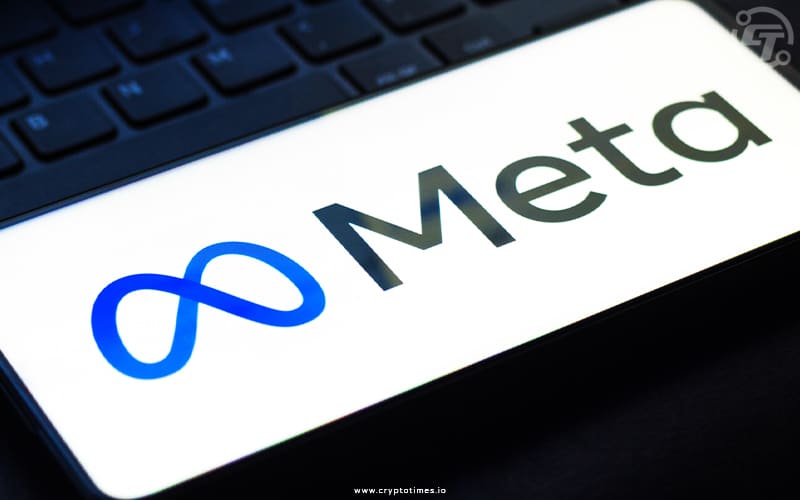On Thursday, April 18th, META Platforms unveiled preliminary versions of its newest large language model, Llama 3, alongside an image generator. The generator updates images in real-time as user input prompts, as the company aims to compete with generative AI frontrunner OpenAI.
The company is presenting its free-to-use virtual assistant, Meta AI, as the most advanced among its rivals, and the models will be included in it.
The assistant is set to face off against Microsoft-backed OpenAI’s viral sensation ChatGPT with more direct competition thanks to a new standalone website and more prominent billing within Meta’s Facebook, Instagram, WhatsApp, and Messenger apps.
The news coincides with Meta’s frantic efforts to challenge OpenAI’s dominant market share in generative AI by distributing the technology to its billion-plus users. These efforts include reorganizing the computing infrastructure and merging disparate research and product teams.
According to Meta Chief Product Officer Chris Cox in an interview, the social media behemoth gave Llama 3 new computer coding skills and fed it photos in addition to text this time. However, for the time being, the model will only produce text.
Subsequent versions will have more sophisticated reasoning, such as the capacity to create lengthier multi-step plans, he said. According to blog entries from Meta, versions that are scheduled for release in the upcoming months will also possess “multimodality,” or the ability to produce both text and graphics.
Cox stated, “The goal eventually is to help take things off your plate, just help make your life easier, whether it’s interacting with businesses, whether it’s writing something, whether it’s planning a trip.”
According to Cox, using pictures to train Llama 3 will improve an update that was released this year for the Ray-Ban Meta smart glasses, which is a collaboration with the eyewear manufacturer Essilor Luxoticca. This upgrade will allow Meta AI to recognize things viewed by the wearer and respond to inquiries about them.
Meta forged a new partnership with Google to bolster its existing deal with Microsoft’s Bing by integrating real-time search results into the assistant’s responses. Meta’s AI assistant is expanding to over a dozen markets outside the US, but the company is still navigating privacy regulations in Europe.
Meta releases models like Llama 3 for free commercial use by developers to catch up with rivals, but this strategy raises safety concerns. The CEO of Meta, Mark Zuckerberg, referred to Meta AI as “the most intelligent AI assistant that you can freely use” in a video that accompanied the launch, hinting at that competition.
Also Read: Meta Enters Education Sector with Quest Expansion







